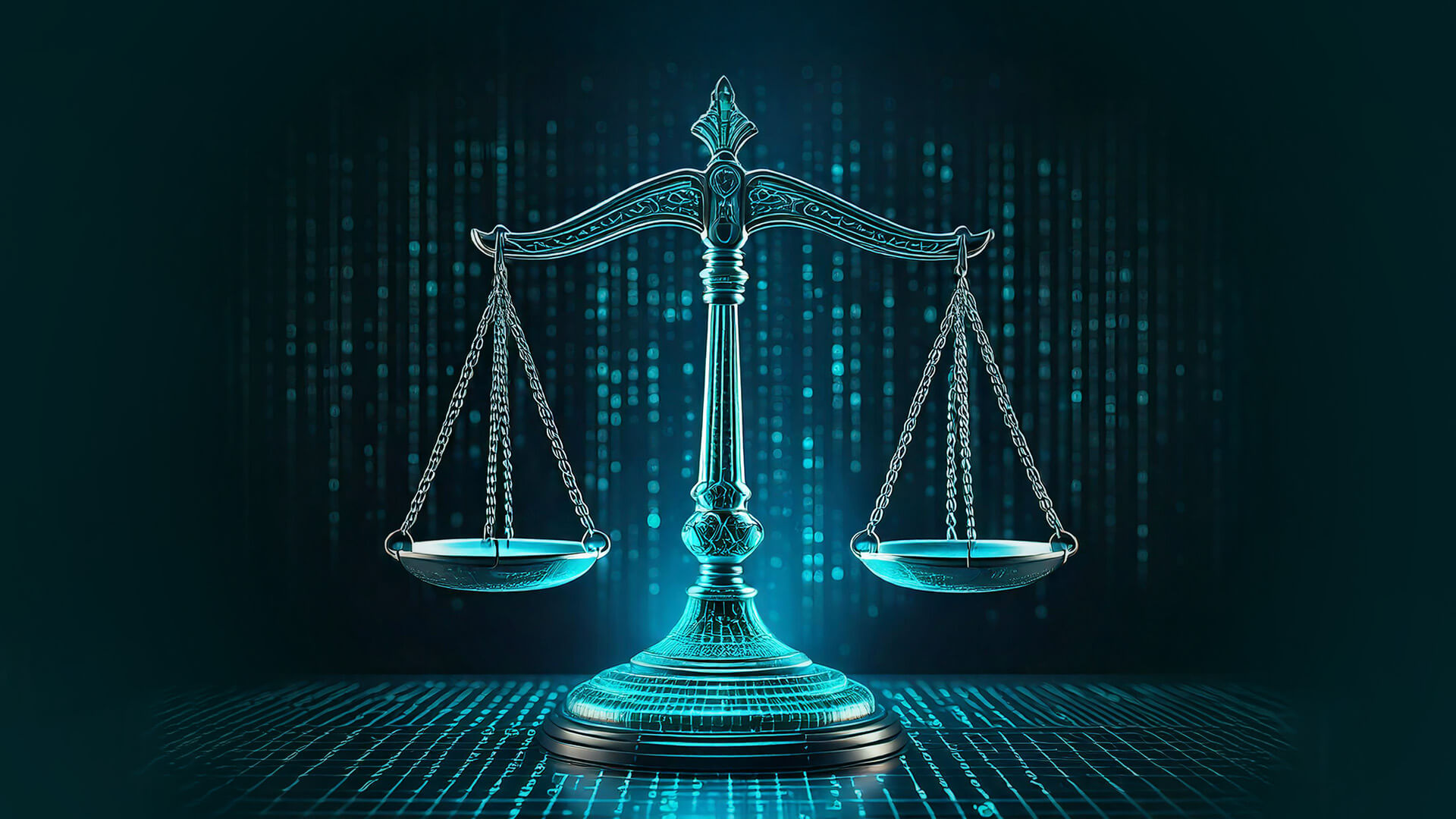Hey there! Ever wondered what the biggest headache for businesses is these days? Is it the fragile supply chain? Intense competition? Tight finances? Or perhaps the ever-increasing wave of cyberattacks?
Research and experts point towards the latter. With cyber threats showing no signs of slowing down, both small and large companies are starting to realize that cybersecurity is no longer a choice, but a necessity.
Moreover, governments and regulatory bodies have also taken notice of the importance of cybersecurity, especially for organizations operating in sectors critical to a nation’s infrastructure. This has led to a growing list of compliance requirements that may seem overwhelming but are crucial for a country’s smooth functioning and public safety.
Understanding Compliance
First things first, let’s differentiate between compulsory and voluntary compliance, as each comes with its own set of rules and regulations.
Compulsory compliance involves regulations mandated by state-level or state-adjacent agencies, targeting companies operating in critical sectors like healthcare, transportation, and energy. For instance, a company dealing with patient data in the US must comply with the Health Insurance Portability and Accountability Act (HIPAA) to ensure patient data privacy across state boundaries.
On the other hand, voluntary compliance entails businesses applying for certifications and standards to showcase their expertise in a particular field or to highlight their products’ adherence to a standard. For example, a company focusing on environmental sustainability might seek ISO 14001 certification to demonstrate its eco-friendly practices.
However, it’s essential to understand that compliance is an ongoing effort. Each standard or compliance requirement demands additional resources as they require consistent monitoring and financial allocations (even ISO certifications need periodic re-certification).
Cybersecurity Compliance for All
A company failing to meet compulsory compliance could face hefty fines. Incidents like data breaches or ransomware attacks can lead to significant costs, but evidence of non-compliance with mandated security measures can skyrocket the final expenses.
The specific cybersecurity regulations a company must adhere to depend on its industry and the importance of internal data security for privacy, data protection, or critical infrastructure regulations. Keep in mind that many regulatory acts and certifications are region-specific.
Furthermore, depending on the clientele a business aims to attract, obtaining specific certifications can be beneficial. For instance, to work with the US federal government, a company needs the FedRAMP certificate to showcase its competency in safeguarding federal data.
Regardless, compliance should be ingrained in the core of every business strategy. As regulatory demands continue to rise, well-prepared companies will find it easier to adapt to changes. By continuously monitoring compliance, organizations can save resources and foster long-term growth.
Exploring Key Cybersecurity Acts and Frameworks
Let’s quickly go over some crucial cybersecurity regulatory acts and frameworks:
- Health Insurance Portability and Accountability Act (HIPAA)
HIPAA regulates the handling of patient information in healthcare facilities to protect confidential health data from misuse, requiring entities to implement safeguards to secure this data.
- National Institute of Standards and Technology (NIST) frameworks
NIST provides standards and guidelines, including cybersecurity frameworks, to help organizations enhance their security posture and manage cybersecurity risks effectively.
- Payment Card Industry Data Security Standard (PCI DSS)
PCI DSS controls credit card data handling to reduce payment fraud risks by enhancing cardholder data security.
- Network and Information Security Directive (NIS2)
NIS2 strengthens cyber resilience in the EU by imposing stricter security requirements on critical entities and introducing incident reporting rules.
- General Data Protection Regulation (GDPR)
GDPR focuses on data privacy rights, giving individuals control over their data and mandating secure storage and breach reporting for companies handling their data.
Each industry-specific or broad regulatory framework comes with unique requirements. Ensuring compliance with relevant regulations is crucial to avoid penalties and maintain business integrity.
The Cost of Non-Compliance
Failing to comply with regulations can lead to severe consequences. GDPR violations, for instance, can result in substantial fines or a percentage of global turnover. In the US, non-compliance with FISMA can lead to reduced funding, censure, and other penalties.
It’s imperative to stay updated on cybersecurity regulations specific to your industry. Instead of viewing compliance as an unnecessary expense, consider it a vital investment in your business’s future. Neglecting compulsory standards could have far-reaching consequences, making compliance a top priority for any organization.

